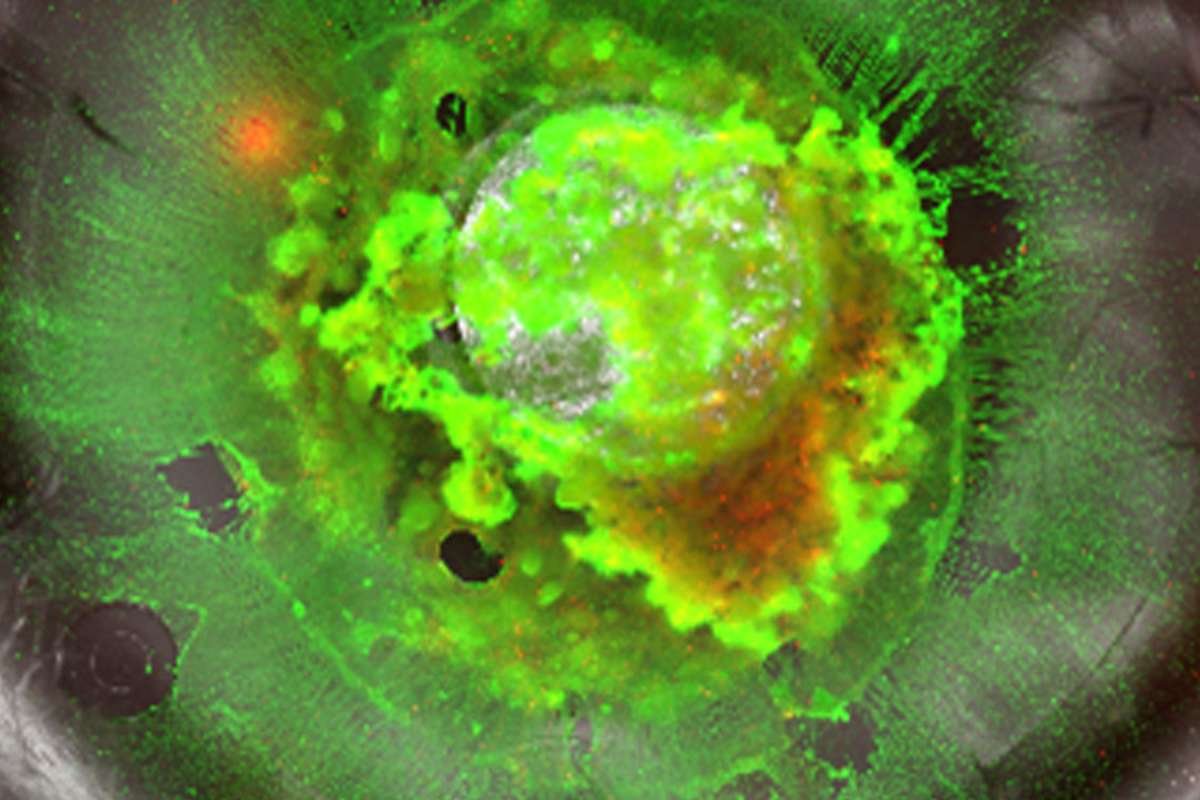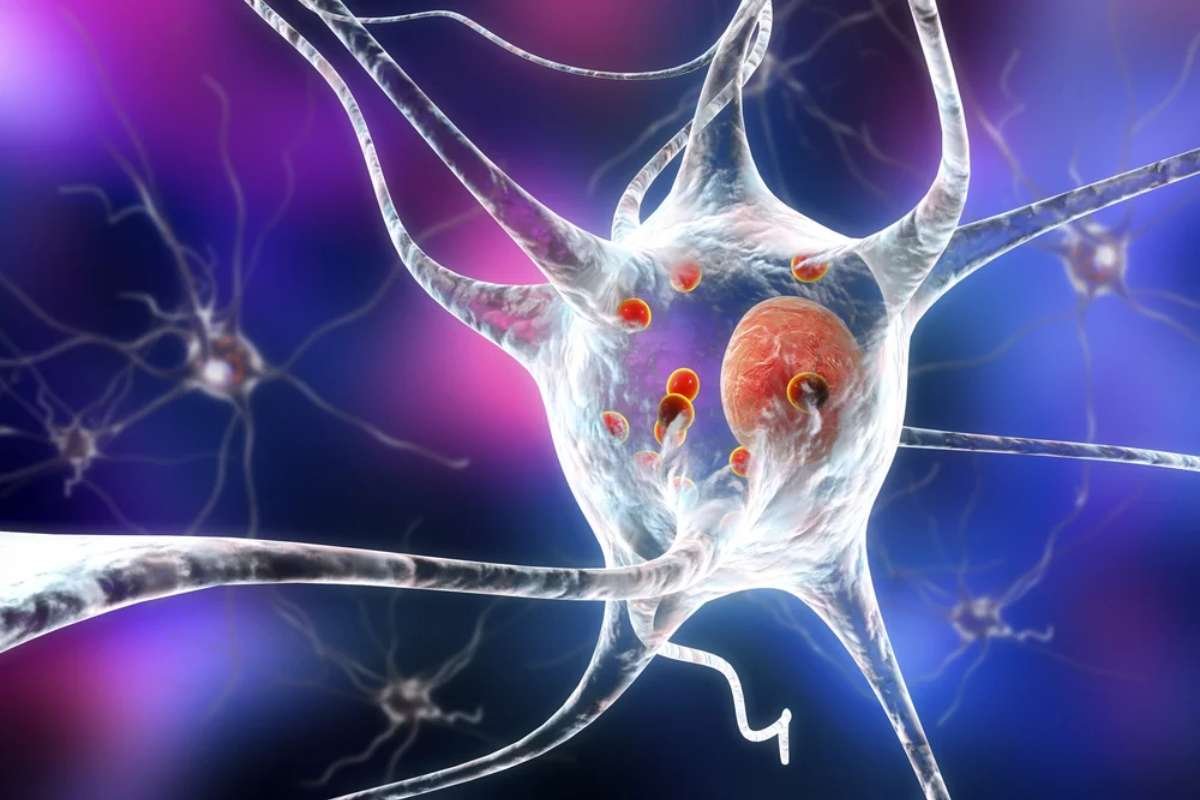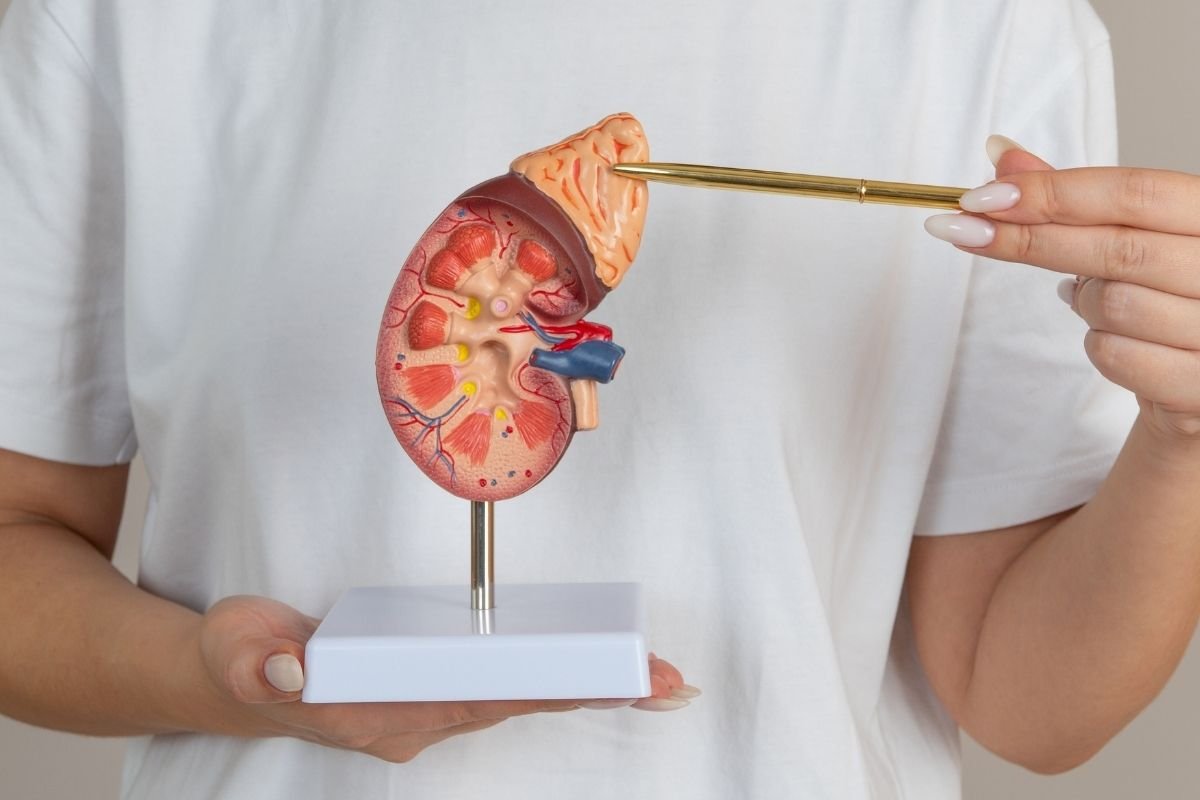In today’s fast-paced world, mental health is gaining increasing attention as people grapple with various challenges and stressors. Among the myriad of mental health issues, psychiatric disorders stand out as conditions that significantly impact individuals’ lives, relationships, and overall well-being. Understanding disorders is crucial for effective diagnosis, treatment, and support.
Psychiatric disorders encompass a broad range of conditions that affect mood, behavior, and cognition. From mood disorders like depression and bipolar disorder to anxiety disorders such as generalized anxiety disorder and obsessive-compulsive disorder, these conditions can manifest in diverse ways and impact individuals’ daily functioning. Additionally, psychotic disorders like schizophrenia and personality disorders like borderline personality disorder further contribute to the complexity of psychiatric disorders.
One of the key aspects is the presence of significant distress or impairment in social, occupational, or other important areas of functioning. Individuals with psychiatric disorders may experience intense emotions, intrusive thoughts, or difficulties in managing their behaviors, leading to disruptions in various aspects of their lives.
Symptoms of Psychiatric Disorders:
The symptoms vary widely depending on the specific condition. However, common symptoms may include:
- Persistent sadness or low mood (depression)
- Intense fear or worry (anxiety)
- Hallucinations or delusions (psychosis)
- Mood swings (bipolar disorder)
- Intrusive thoughts or compulsive behaviors (obsessive-compulsive disorder)
- Changes in appetite or sleep patterns
- Social withdrawal or isolation
- Difficulty concentrating or making decisions
- Suicidal thoughts or self-harming behaviors
Causes of Psychiatric Disorders:
The exact causes of psychiatric disorders are complex and multifaceted, involving a combination of genetic, biological, environmental, and psychological factors. These are complex and multifaceted conditions that can significantly impact individuals’ lives, relationships, and overall well-being. While the exact causes of psychiatric disorders remain elusive, researchers have identified a variety of factors that may contribute to their development. Understanding these factors is crucial for effectively addressing and managing these disorders.
At the forefront of the discussion surrounding psychiatric disorders are genetic influences. Research suggests that certain genetic variations may predispose individuals to specific psychiatric conditions, although the interplay between genes and the environment is often intricate and dynamic. Biological factors, such as imbalances in neurotransmitters or abnormalities in brain structure and function, also play a significant role in the pathogenesis of these disorders.
In addition to genetic and biological factors, environmental influences can profoundly impact mental health. Adverse childhood experiences, chronic stress, trauma, substance abuse, and exposure to toxins are just a few examples of environmental factors that may contribute to the development of it. Furthermore, psychological factors, including personality traits, coping mechanisms, and cognitive patterns, can influence an individual’s susceptibility to mental health challenges.
It is essential to recognize that psychiatric disorders are not solely determined by one single factor but rather emerge from the complex interplay of genetic, biological, environmental, and psychological elements. By gaining insight into these multifaceted influences, healthcare professionals can develop more comprehensive approaches to diagnosis, treatment, and prevention of psychiatric disorders. Through ongoing research and education, we can continue to advance our understanding of these conditions and improve outcomes for individuals affected by these disorders.

Some common factors that may contribute to the development of psychiatric disorders include:
- Genetic predisposition: A family history of psychiatric disorders can increase an individual’s risk.
- Brain chemistry: Imbalances in neurotransmitters like serotonin, dopamine, and norepinephrine may play a role.
- Trauma or adverse experiences: Childhood trauma, abuse, or stressful life events can contribute to the onset of psychiatric disorders.
- Environmental factors: Exposure to toxins, substance abuse, or chronic stress can impact mental health.
- Neurodevelopmental factors: Abnormalities in brain structure or function during critical periods of development may lead to psychiatric disorders.
- Treatment Options for Psychiatric Disorders: Effective treatment for these disorders often involves a combination of medication, psychotherapy, lifestyle modifications, and support services. Some common treatment options include:
- Medication: Antidepressants, antipsychotics, mood stabilizers, and anti-anxiety medications may help alleviate symptoms.
- Psychotherapy: Cognitive-behavioral therapy (CBT), dialectical behavior therapy (DBT), and other forms of talk therapy can help individuals learn coping skills, challenge negative thought patterns, and improve emotional regulation.

- Lifestyle changes: Regular exercise, healthy eating, stress management techniques, and adequate sleep can support overall mental health.
- Support groups: Connecting with others who have similar experiences can provide validation, encouragement, and practical tips for coping with psychiatric disorders.
- Hospitalization or intensive treatment programs: In severe cases or during psychiatric crises, hospitalization or intensive outpatient programs may be necessary to stabilize symptoms and ensure safety.
Conclusion
Psychiatric disorders are complex and challenging conditions that require comprehensive assessment and treatment. By raising awareness, reducing stigma, and providing effective support and resources, we can better support individuals living with these disorders and promote mental health and well-being for all.
FAQs
What are the most common psychiatric disorders?
Some of the most common disorders include depression, anxiety disorders (such as generalized anxiety disorder and panic disorder), bipolar disorder, schizophrenia, obsessive-compulsive disorder (OCD), post-traumatic stress disorder (PTSD), and attention-deficit/hyperactivity disorder (ADHD).
What are the symptoms of psychiatric disorders?
Symptoms vary depending on the specific condition but may include changes in mood, thoughts, and behavior. Common symptoms include persistent sadness or anxiety, irritability, changes in sleep or appetite, difficulty concentrating, hallucinations or delusions, and thoughts of self-harm or suicide.
Can psychiatric disorders be treated?

Yes, many psychiatric disorders can be effectively treated with a combination of psychotherapy, medication, and lifestyle changes. Treatment plans are tailored to the individual’s specific symptoms, needs, and preferences and may involve various therapeutic approaches, such as cognitive-behavioral therapy (CBT), medication management, and support groups.
Are psychiatric disorders hereditary?
While genetics can play a role in the development of psychiatric disorders, they are not solely determined by genetic factors. Research suggests that genetic predisposition, combined with environmental influences and life experiences, contributes to the risk of developing psychiatric disorders.
How can I support someone with a psychiatric disorder?
Supporting someone with a psychiatric disorder involves offering empathy, understanding, and encouragement. It’s essential to listen nonjudgmentally, validate their feelings, and offer practical support, such as helping them access mental health resources, accompanying them to appointments, and encouraging self-care activities. Additionally, educating yourself about their condition and being patient and supportive can make a significant difference in their recovery journey.

Anxiety: 8 Tips For Managing Stress and Anxiety
Managing stress is important as, if ignored, it will have harmful effects in the future. There is no such thing as stress immune. No one can be immune to stress.











